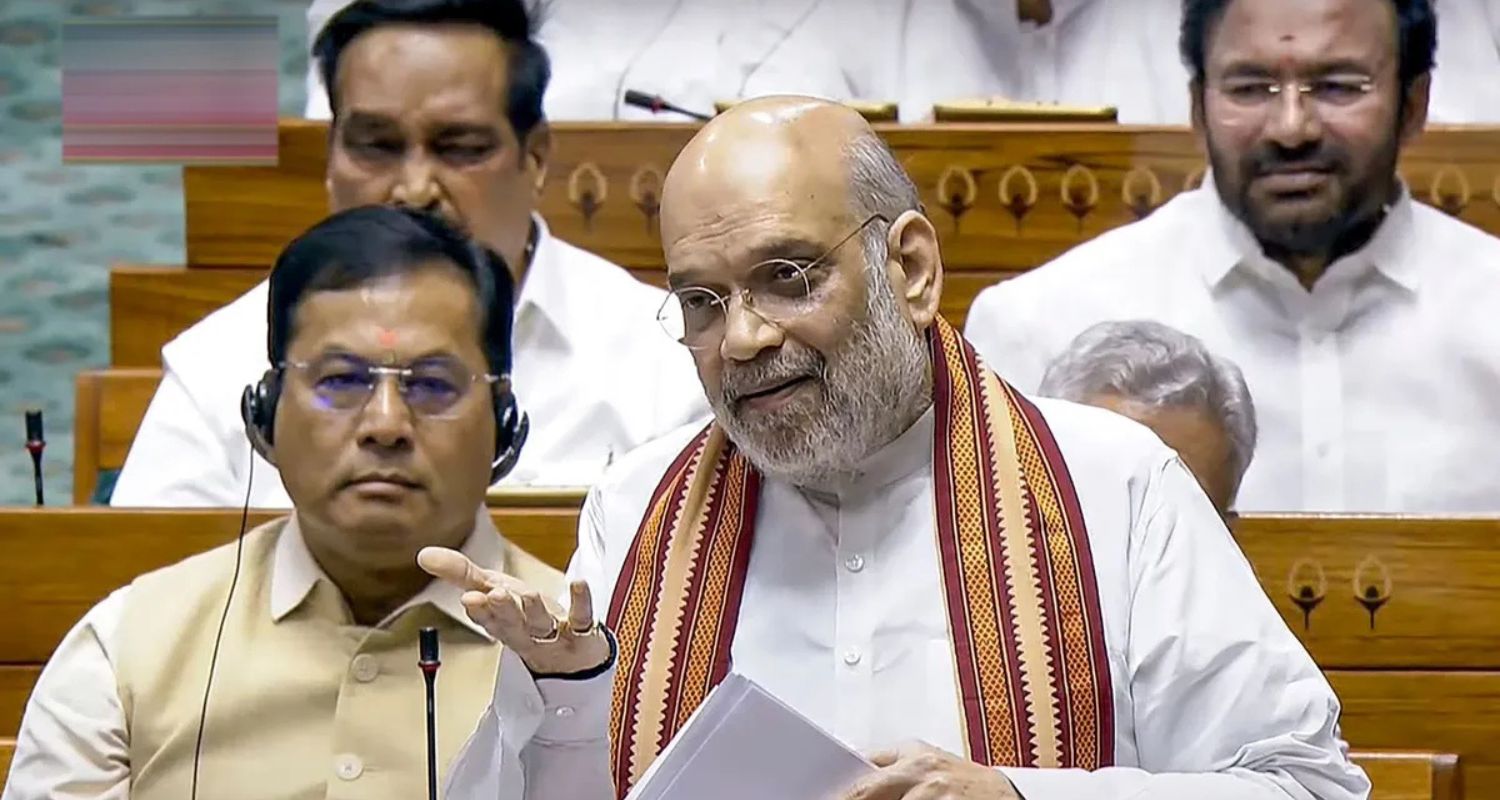Senior officials have confirmed that the government is set to introduce a bill in the Lok Sabha on Wednesday. This legislation is designed to establish a legal framework for the removal of the Prime Minister, state Chief Ministers, or Ministers of Union Territories (including Jammu and Kashmir) if they are arrested or detained on serious criminal charges.
If a minister is in jail for 30 straight days because they are accused of a serious crime—meaning a crime that could lead to five or more years in prison—they will be removed from their job. In this situation, the President would take away the minister's job based on the Prime Minister's suggestion. If the Prime Minister doesn't give this advice, the minister will automatically lose their job on the 31st day.
Similarly, if the Prime Minister himself is detained for 30 days on such charges, he will be required to resign by the 31st day, or his position will automatically terminate. For state ministers, the Governor will remove them from office on the Chief Minister's advice if they are jailed for 30 consecutive days.

If the Chief Minister does not provide this advice, the minister's post will automatically end on the 31st day. If a Chief Minister is in jail for 30 days, they must resign by the 31st day, or their post will automatically terminate.
Three important articles of the constitution—Articles 75, 164, and 239AA—are to be amended by the proposed legislation. Additionally, it will attempt to change Section 54 of the 2019 Jammu and Kashmir Reorganization Act. The bill will introduce a new clause, (4A), to Section 54 of the J&K Reorganisation Act.
Also Read: J&K statehood: Govt likely to move UT Amendment Bill on Aug 20
This clause states that a minister who is arrested and held in custody for 30 consecutive days must be removed by the Lieutenant Governor on the advice of the Chief Minister by the 31st day. If the Chief Minister does not provide this advice, the minister will automatically lose their office the following day.
For the Union Government and other states, the same procedure is suggested, whereby the Prime Minister or a detained minister would be released on the thirty-first day of ongoing detention.
The "Statement of Objects and Reasons" accompanying the bill underscores the need to uphold constitutional morality and public trust in elected officials. The statement notes that while elected leaders represent the hopes of the people, there is currently no constitutional provision to remove a sitting minister who is arrested and detained on serious criminal charges. The statement concludes by asserting, "It is expected that the character and conduct of Ministers holding office should be beyond any ray of suspicion" and that a minister facing such allegations could "thwart or hinder the canons of constitutional morality and principles of good governance and eventually diminish the constitutional trust reposed by people in him."
Also Read: Parliament clears Indian Ports Bill to modernise sector


